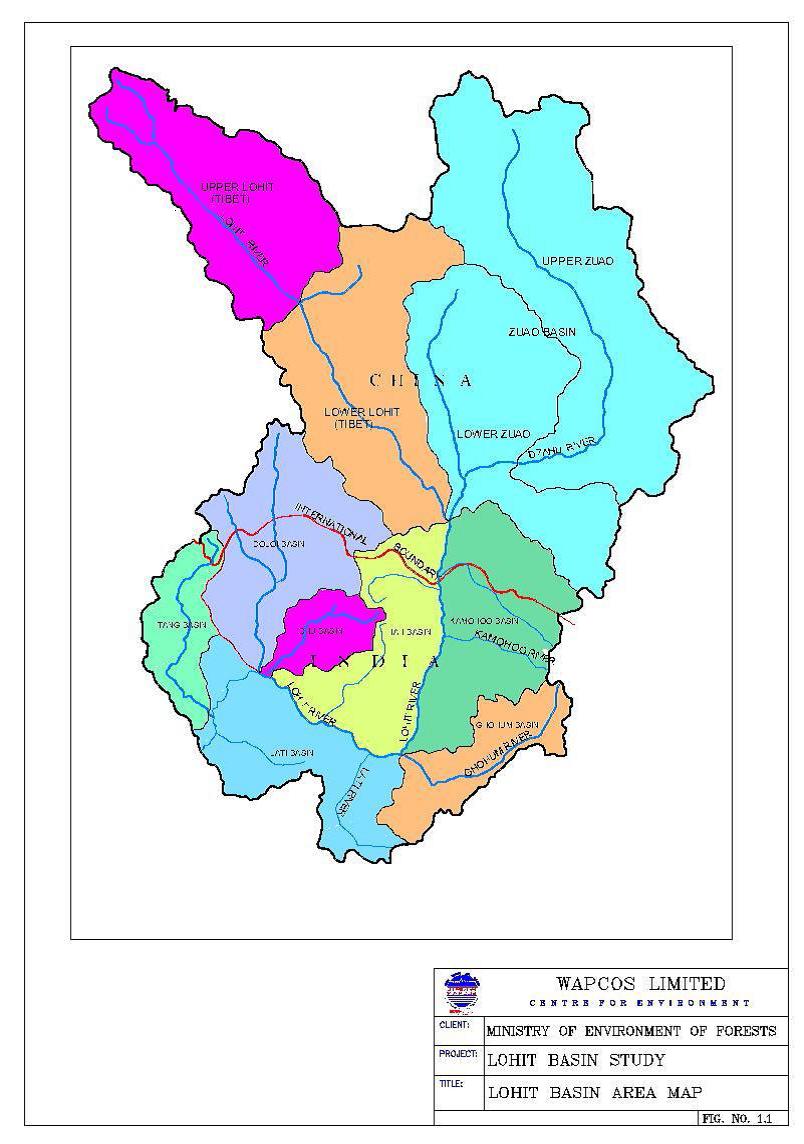/topics/forests
Forests
Citizens voice alarm over recent Supreme Court judgement on interlinking of rivers
Posted on 25 Apr, 2012 10:39 AMThe Supreme Court of India has in its judgment of 27 February 2012 on the interlinking of rivers project, given categorical directions to the Executive Government to implement the ‘project’ as a whole in a time bound manner and has also asked the Centre to appoint a Special Committee to work out the modalities and oversee the implementation of the project.
Exploring the spatial associations between census based socioeconomic conditions and remotely sensed environmental metrics in Assam, North East India – A study by Gary R Watmough
Posted on 23 Apr, 2012 01:50 PMPast studies have found associations between land and poverty, however these studies are usually focused on small areas using ground based studies.
Critical review of the impacts, challenges, prospects and conflict management for vitally needed inter-linking of rivers in India
Posted on 23 Apr, 2012 12:17 PMGuest post by : Er. Radhey Shyam Goel
1. Introduction
Interlinking of rivers project: A disquieting judgement - Ramaswamy Iyer's perspective in the EPW on the recent Supreme Court decision
Posted on 20 Apr, 2012 10:52 PM
1. Introduction
Two writ petitions were filed in 2002 on the subject of interlinking. The judgement finally passed in 2012 directs the implementation of this project. This judgement is disturbing for the following reasons:
"Resources, tribes and the State" - A report on an international seminar, organized by the Arunachal Institute of Tribal Studies at Itanagar, Arunachal Pradesh, in February 2012
Posted on 11 Apr, 2012 04:10 PMGuest post by: Raju Mimi
Reviving dying springs: A paper documenting the Sikkim experience of groundwater recharge using geo-hydrology
Posted on 09 Apr, 2012 09:12 AMIntroduction
The paper begins with a description of Sikkim. The sources of water in the Himalayas and the geology of the area are also described.
Literature review of spring related studies
Supreme Court order in February 27, 2012 on the interlinking of rivers project A statement and an appeal by concerned citizens to think of all the implications
Posted on 29 Mar, 2012 06:37 PMThe full statement is as follows -
We, the signatories to this statement, wish to record our utmost concern at the Hon’ble Supreme Court’s judgment of 27 February 2012 on the Inter-Linking of Rivers Project (ILR), on the following grounds:
Soil endowments, production technologies and missing women in India - A World Bank working paper
Posted on 19 Mar, 2012 03:08 PMThe paper argues that in India, where 72 percent of the population is rural, there is a significant and important association between the geographical variation in exogenous soil texture and rural infant sex ratios. In agriculture, the depth of land and seedbed preparation are exogenously determined by the soil texture.
Basin-level impact assessment study of the Lohit river - A study by WAPCOS & Ministry of Environment and Forests (2011)
Posted on 19 Mar, 2012 11:29 AM
Our water woes: Ecological imbalance is the culprit!
Posted on 12 Mar, 2012 12:01 PMAuthor : Madhuranthakam Prabhakar Rao




